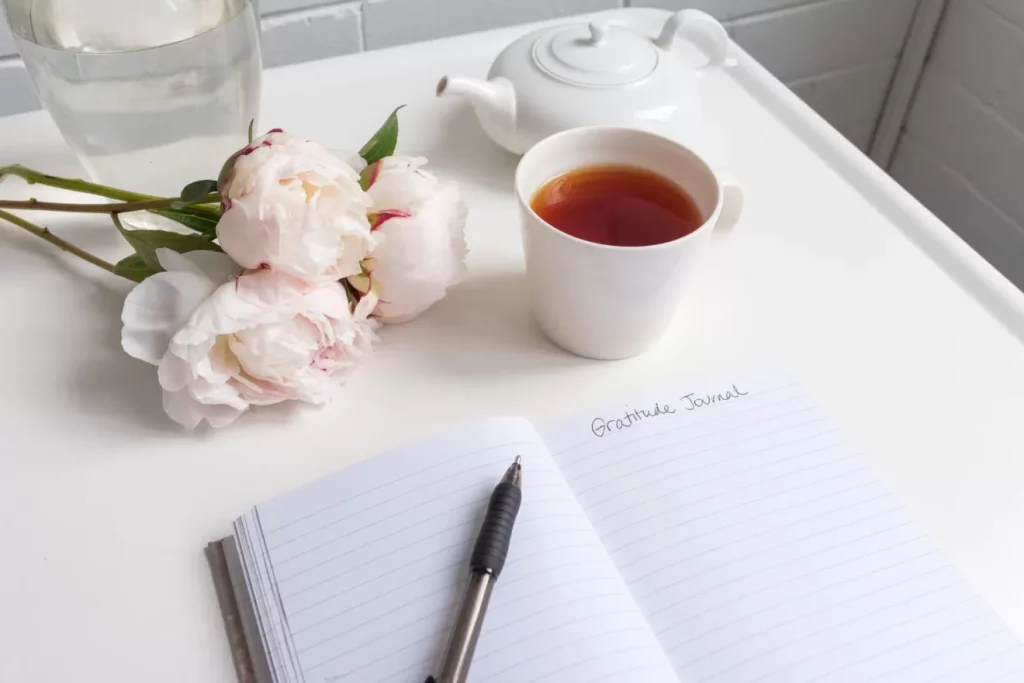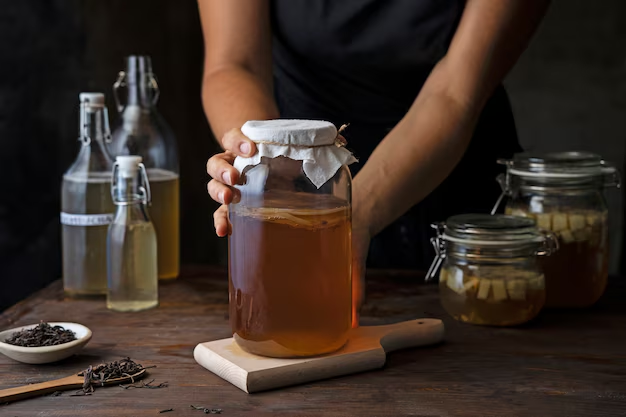In a world filled with unpredictability, constant change, and overwhelming information, many of us search for grounding practices that help us feel secure and in control. This is where rituals come into play. While routines are simply tasks we perform on a regular basis, rituals carry an added layer of meaning, mindfulness, and emotional comfort. They are the anchors in our day that create stability, even when everything else feels uncertain.
From morning rituals that set the tone for the day, to evening practices that ease us into rest, to the mindful preparation of food and drink, rituals provide a sense of rhythm that our minds and bodies crave. This article explores the psychology behind daily rituals and why they can be a powerful tool for mental health, nutrition, and overall wellness.
Rituals vs. Routines: Why the Difference Matters
At first glance, rituals may look identical to routines: drinking coffee, brushing your teeth, preparing a meal. The distinction lies in intention.
- A routine is something you do because you have to.
- A ritual is something you do with awareness, mindfulness, and meaning.
For example, making a cup of tea can be routine if it’s rushed and mindless. But when you slow down—listening to the water boil, inhaling the aroma of the leaves, savoring the warmth of the cup—it becomes a ritual that nurtures both body and mind.
Psychologically, rituals give us the sense that we are in control of our environment, even when external circumstances are chaotic. This feeling of predictability reduces anxiety and creates a foundation of calm.
Morning Rituals: Setting a Calm, Intentional Tone
The way you begin your morning can determine how the rest of the day unfolds. A chaotic, rushed start often bleeds into the hours that follow. Morning rituals, on the other hand, create stability and clarity from the moment you wake up.
Examples of Morning Rituals:
- Lemon water: Hydrating with warm lemon water first thing in the morning not only wakes up the digestive system but also feels like a cleansing, symbolic fresh start.
- A moment of silence or meditation: Even just 2–3 minutes of stillness can center your mind before the day’s demands begin.
- Setting an intention: Rather than being pulled in many directions, you consciously decide how you want to show up—calm, focused, compassionate, or productive.
These rituals aren’t about perfection; they’re about creating a predictable mental anchor to face the uncertainty of the outside world.
Evening Rituals: Signaling to the Mind and Body
Just as mornings set the stage, evenings help close the curtain. In our overstimulated, screen-heavy culture, it’s easy to push through fatigue and treat sleep as an afterthought. Evening rituals help signal safety and transition—telling your body, “It’s time to rest.”
Examples of Evening Rituals:
- Herbal tea: Chamomile, lavender, or peppermint tea can serve as both a soothing beverage and a signal to wind down.
- Reading a physical book: Unlike screens, books allow the mind to settle into a slower rhythm.
- Gratitude journaling: Writing down 3 things you’re grateful for reframes the day in a positive light, reducing stress before bed.
Psychologically, these rituals tap into our brain’s association mechanisms. When practiced consistently, they create a conditioned response, making it easier to fall asleep and stay asleep.

Nutritional Rituals: Mindful Eating as Comfort and Stability
Food is deeply tied to ritual across every culture—family meals, holiday traditions, or even the personal comfort of preparing a favorite dish. On a daily level, nutritional rituals can play a powerful role in both physical health and mental stability.
Examples of Nutritional Rituals:
- Mindful tea preparation: The deliberate act of steeping tea encourages slowing down, savoring aroma, and appreciating small details.
- Screen-free meals: Eating without distractions allows your body to better recognize satiety cues, aiding digestion and reducing overeating.
- Cooking as a grounding act: Chopping vegetables, stirring soups, or kneading dough can become mindful practices that reduce stress while nourishing the body.
When meals shift from hurried consumption to intentional rituals, they become a source of grounding, joy, and connection rather than just fuel.
Why Rituals Work: The Psychological Mechanisms
Rituals impact our mental health in several powerful ways:
- Predictability and Control
In uncertain environments, rituals provide structure and reduce stress by giving us predictable markers in the day. - Mindfulness and Presence
Rituals encourage us to be fully in the moment, reducing mental clutter and anxiety. - Embodied Connection
Rituals engage the senses—sight, smell, touch, sound, taste—anchoring us in physical reality rather than spinning in mental worry. - Identity and Values
Rituals reinforce who we want to be. For example, a morning meditation ritual supports the identity of being calm and intentional.
Rituals as Emotional Anchors in Uncertain Times
Consider moments of global crisis, personal loss, or daily uncertainty—rituals often become even more important. Religious ceremonies, cultural practices, or even simple habits like lighting a candle during dinner provide emotional stability.
Research in psychology has shown that rituals reduce grief, increase resilience, and enhance performance in high-stress environments. Athletes, for instance, often use pre-performance rituals to calm nerves and sharpen focus.
In everyday life, even the smallest ritual—like making your bed every morning—can serve as a grounding force that signals stability and control.
Call to Action: Share Your Ritual
Now it’s your turn. Reflect on the small rituals in your day. Do you already have a grounding practice that brings you stability? Perhaps it’s sipping tea in silence, journaling before bed, or preparing a nourishing meal with intention.
If not, try introducing one simple ritual this week. Make it meaningful, repeatable, and aligned with your values. Notice how it impacts your mood, focus, and resilience.
And if you feel inspired, share your ritual with others. In doing so, you may encourage someone else to find their own anchor in uncertain times.

































